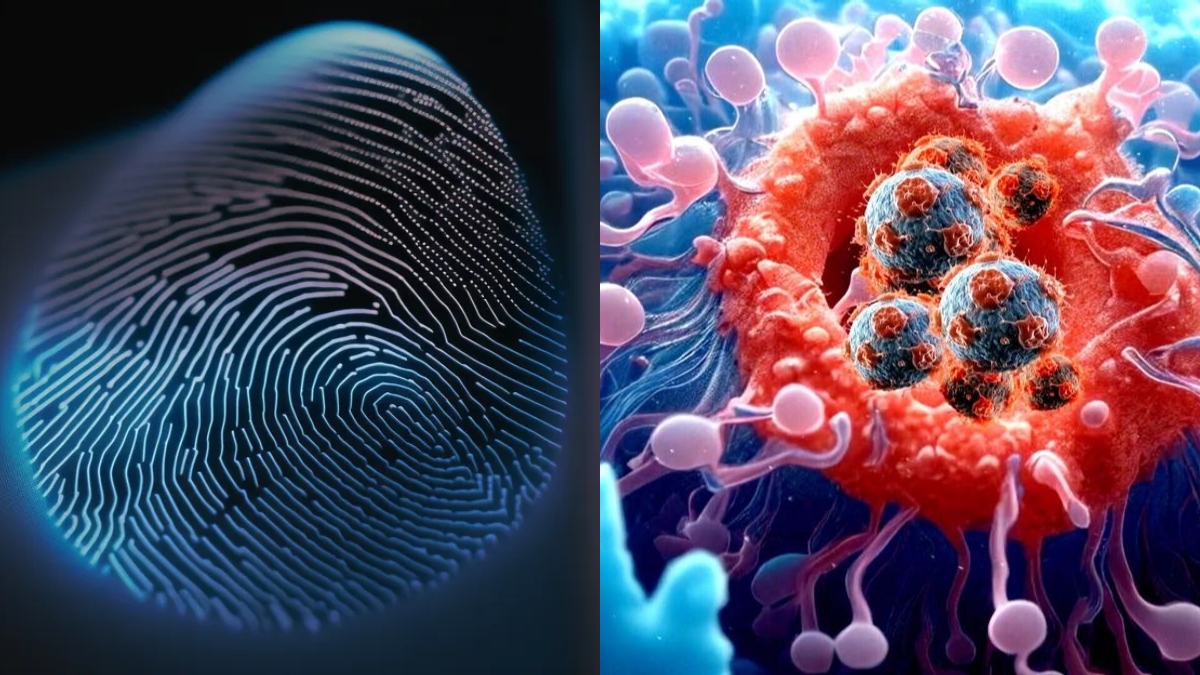Researchers at Sheffield Hallam University have developed a groundbreaking fingerprint test that could potentially replace mammograms for breast cancer detection. This simple yet effective method, spearheaded by Professor Simona Francese, focuses on analyzing the molecular composition of fingerprints using mass spectrometry technology.
Prof. Francese, a specialist in Forensic and Bioanalytical Mass Spectrometry, has spent nearly 15 years in forensic research. Her work initially aimed at profiling criminal suspects through their fingerprints. However, she discovered that this technique could be adapted for medical diagnostics, specifically for identifying cancer markers.
The test examines sweat from fingerprints to detect breast cancer. According to Francese, sweat contains various molecules, particularly proteins, whose levels and expressions can indicate whether a patient has a benign condition, early-stage cancer, or metastatic cancer. Artificial intelligence is employed to interpret these complex mass spectrometry data.
The technology behind this test is the Matrix Assisted Laser Desorption Ionization Mass Spectrometry (MALDI-MS), developed by the UK-based Waters Corporation. Dr. Jim Langridge, a scientific fellow at Waters Corporation, explains that the test can differentiate control samples from potential cancer samples from a mere fingerprint smear.
The fingerprint test offers a non-invasive, painless alternative to mammograms, which require traveling to specialized centers and can be time-consuming and uncomfortable. While Prof. Francese acknowledges the importance of mammograms and biopsies in current breast cancer detection, she believes the fingerprint test could revolutionize the process, making it more accessible and less distressing for patients. However, until this new method is fully developed and approved, she emphasizes the importance of continuing with existing screening methods.






